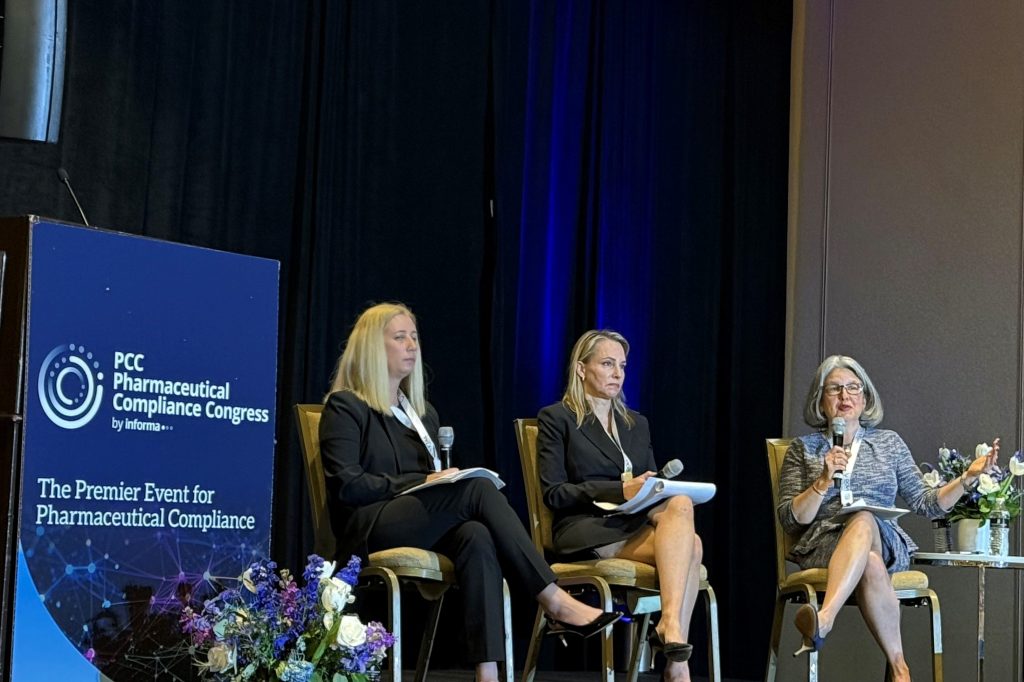At the spring 2025 Pharmaceutical Compliance Congress (PCC) event in McLean, Virginia, speakers had many best practice tips and lessons learned to share with attendees, but they also pointed to several recent settlement actions, executive orders and state-led initiatives that were setting the tone for healthcare regulation in 2025 and
Register for free to keep reading
To continue reading this article and unlock full access to GRIP, register now. You’ll enjoy free access to all content until our subscription service launches in early 2026.
- Unlimited access to industry insights
- Stay on top of key rules and regulatory changes with our Rules Navigator
- Ad-free experience with no distractions
- Regular podcasts from trusted external experts
- Fresh compliance and regulatory content every day













